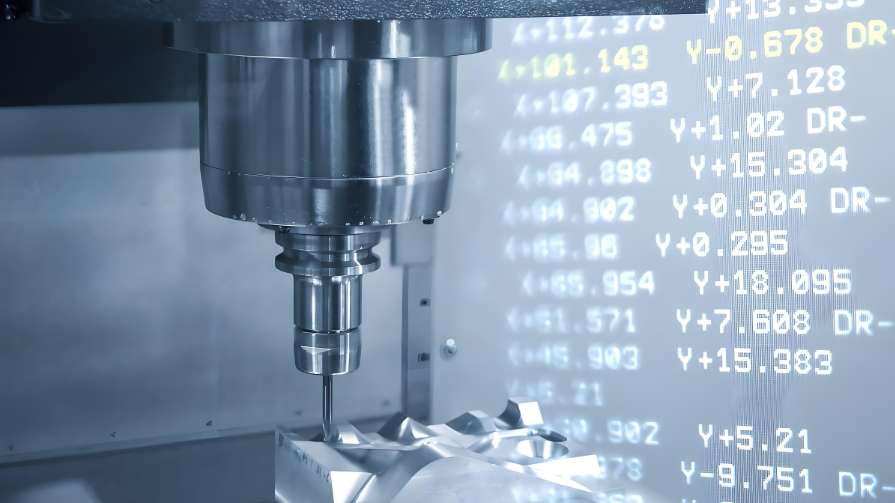
In the core framework of intelligent systems, the purity and stability of signals transmitted between sensors and gateways form the foundation for all decision-making and control. A deviation of just a millimeter can disrupt the integrity of data and challenge the reliability of the system. This demands that the precision components carrying these signal connections must possess geometric accuracy and physical stability that go beyond the ordinary. Faced with the challenge of a tolerance of ±0.05mm, manufacturing processes are put to the test, and this is where CNC precision machining technology truly demonstrates its value.
We specialize in using advanced CNC technology to craft two key signal transmission carriers: copper alloy RF interfaces and multi-pin insulating bases. Together, they form the cornerstone of highly reliable connections.
For copper alloy RF interfaces, the core lies in achieving precise impedance matching and eliminating interference. The selection of specific grades of high-conductivity copper alloy, with their inherent electromagnetic properties, forms the foundation. The real challenge is to precisely shape the geometric structure and surface condition of the signal path on complex three-dimensional forms through CNC machining. Each interface is meticulously CNC-crafted to ensure pure and lossless signal transmission in harsh electromagnetic environments.
Multi-pin insulating bases are the guardians of physical isolation and precise positioning. Their core function is to precisely shape hundreds of micro-pin hole arrays and construct an absolutely reliable insulation barrier in high-density arrangements. This heavily relies on the ultra-high positioning accuracy and stability of CNC machining. We use high-performance engineering plastics or special ceramic composite materials, and through precision CNC milling and drilling processes, achieve uniform hole diameters and deep-hole perpendicularity control on machines with sub-micron positioning accuracy. Particularly critical is the precise control of the insulation wall thickness between pin holes, as well as the unique reinforcing ribs and micro-isolation structures on the base body designed to enhance insulation reliability. These features are all precisely generated by CNC programming. The micron-level tool path optimization and dynamic compensation techniques during the machining process are the core guarantees for achieving flawless complex microstructures and eliminating potential short-circuit risks. The positional accuracy of each micro-hole and the geometric accuracy of each isolation are repeatedly verified and tool-compensated through CNC programming.
From the precision milling and forming of high-conductivity copper alloys to the micro-hole drilling array processing of complex engineering plastic bases, modern CNC technology is the unrivaled choice for achieving structural integrity, signal consistency, and electrical safety under a tolerance of ±0.05mm. Its core value lies in unparalleled repeatability, the ability to handle complex geometries, and deep adaptability to material properties. This manufacturing capability ensures that in modern connection systems, which are miniaturized and high-density, every contact point is precisely positioned and every insulation barrier is robust and reliable.
We understand that for global leading smart grid system integrators and their senior technical decision-makers, the intrinsic quality of connector interface components is far beyond that of ordinary standard parts. It is the guardian of signal fidelity at the nerve endings of the system. We are committed to continuously providing foundational components for highly reliable signal transmission through the core capabilities of CNC precision machining, making every connection trustworthy.
Explore how we safeguard your critical signals with precision engineering: www.simituo.com